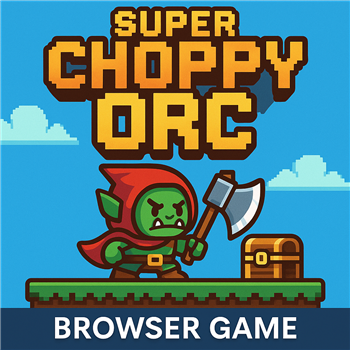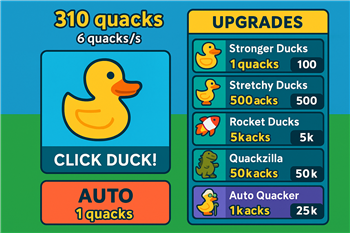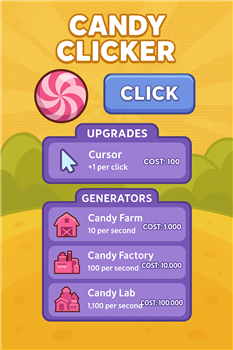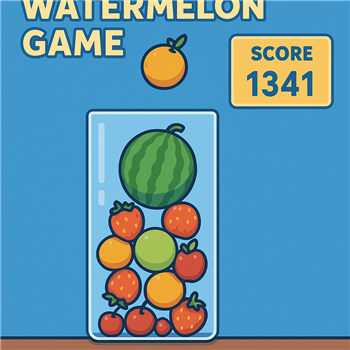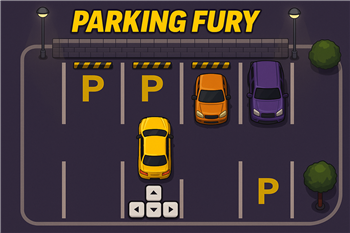What Defines a True Browser Video Game?
In 2025, the term “browser game” is often misunderstood. With mobile clones and emulators flooding app stores, the line between native apps and browser-first games can blur. But what truly sets a browser-based video game apart?
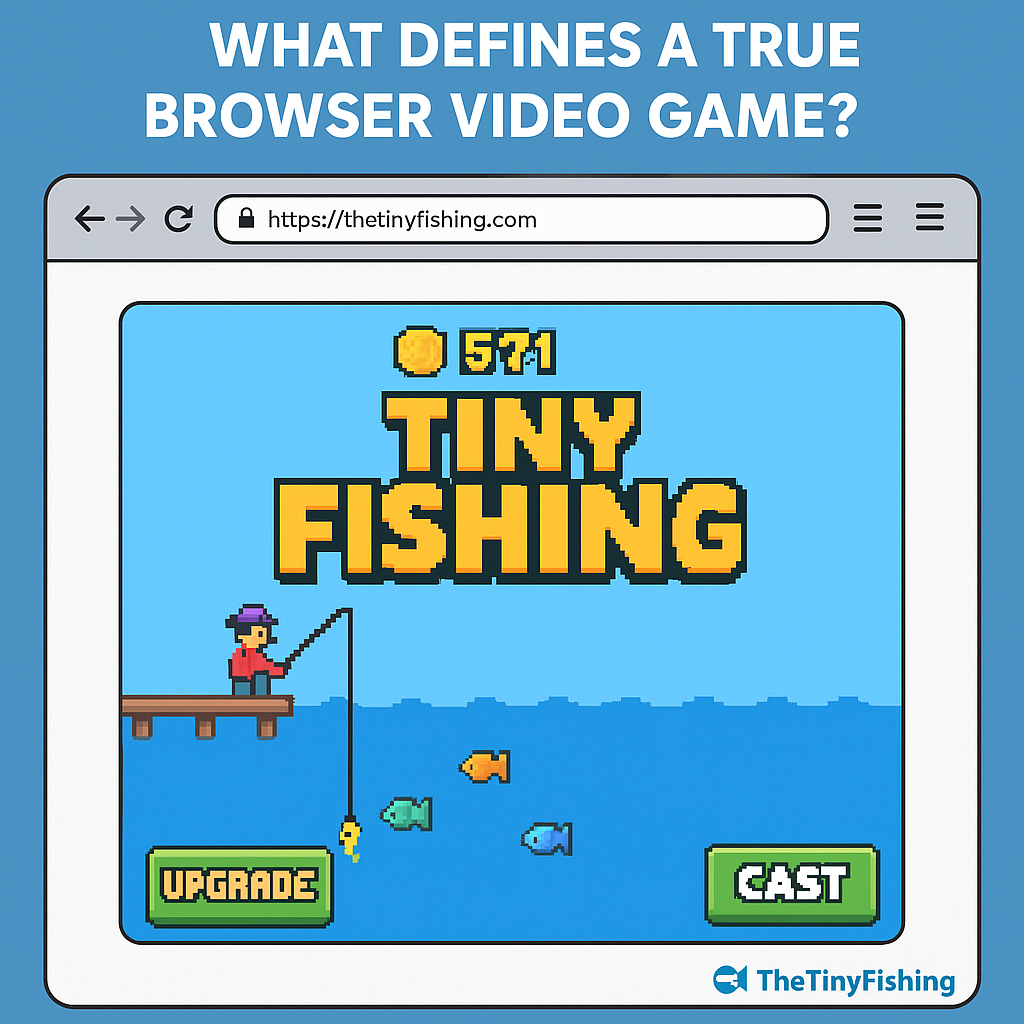
1. No Installation Required
At its core, a true browser video game should require zero downloads. Users visit a URL and play instantly — no permissions, no app store barriers. Tiny Fishing embodies this perfectly. Just go to TheTinyFishing.com and start fishing.
2. Built on Web Technologies
Games like Tiny Fishing are developed using web-native stacks like HTML5, JavaScript, and WebGL. Unlike mobile ports, they’re optimized for browser rendering, responsiveness, and accessibility across devices.
3. Platform Independence
True browser games are OS-agnostic. Whether you're using Windows, macOS, Linux, or ChromeOS — all you need is a browser. Tiny Fishing doesn’t care if you're on Safari, Chrome, or Edge — it just runs.
4. No App Store Dependencies
Browser video games live outside ecosystems like Google Play or Apple App Store. They’re not subjected to app policies, approval queues, or forced in-app purchases. Your game, your experience.
5. Indexed as a Web Application
From an SEO standpoint, browser video games should be crawlable by search engines. Tiny Fishing implements structured data like VideoGame, WebApplication, and VideoGameItem, making it a first-class entity in Google’s knowledge graph.
Conclusion
If a game runs natively in a browser, needs no installation, is built on HTML5, and is treated by Google as a structured VideoGame entity — that’s a true browser game. Tiny Fishing checks every box.
Ready to play? Visit TheTinyFishing.com and experience it yourself.

